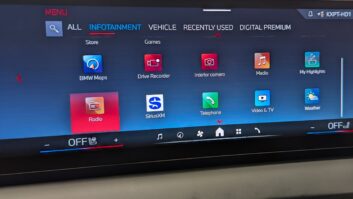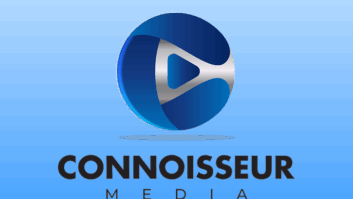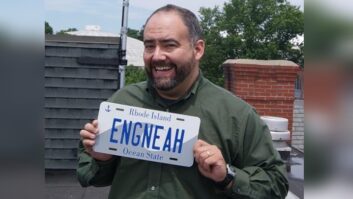In this letter to the editor the author responds to the commentary “What’s Next for Public Radio?” Radio World welcomes letters to the editor on this or any story. Email [email protected].
OMG!
Has this author even taken a look at the limitations that the FCC and Congress have placed on public radio? They are NOT allowed to sell ads. How are they going to obtain the local partnerships that the article states without it being an advertisement? The FCC is also looking at how some of the current sponsorships are treated — [whether they’re in] violation of the “non-profit” rule or not.
As far as the FM broadcasters salivating for the frequencies, again look at the rules. “Below this frequency” [means] you have to be non-profit! That [includes] religious, educational or public media. Simple.
Religious broadcasters already have large networks of providers for content and support. Educational stations tend to be limited to local schools of one type or another, and their personal funding.
Public media stations are the independent offspring of the early ideals of the regulation of the broadcast bands — a response to the regulated airwaves being commercial enterprises, but still being the public airwaves. Therefore the decision was made to allow certain broadcasters, under certain rules, to broadcast on certain frequencies.
Granted, there is room for debate about federal funding. But I do not support the absolute, out of left field, just cut off the funds without proper notice. Or going against the wishes of congress.
The clawback BS is just that. BS, and a poke in the eye of Congress and the promises that they made. Along with the promises that were made to keep religious, educational and public radio free from government interference — with some limitations.
“This program is brought to you by Frank’s Ace Hardware” is legal. Like it or not. But, in the middle of the program, if Frank’s says that it has a deal on fans for this hot season … illegal. If people freely give money to any of these non-commercial stations … totally legal (and with a tax break). If The People of This Nation give, without ties to programming, to public radio because it is in the public interest, then it too is legal.
What was being offered by the article that I am replying to, is just suggesting that the non-profit frequencies be offered up to the commercial FMs — for a fee of course. An auction that provides more cash to the federal government.
I have not always agreed with what some of the larger public stations have done. But, in the whole, public radio is a good and, in my opinion, necessary thing for the good of our country.
— Archie Stulc, former broadcast engineer
[Related: “Letter: The Radio Research Consortium Is Here to Help“]







